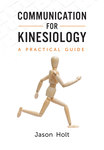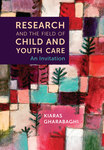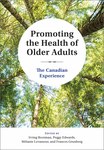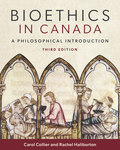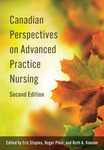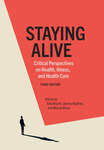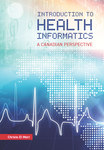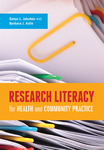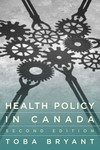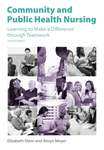We don’t actively support Internet Explorer
It appears that you are using Internet Explorer, which has been discontinued by Microsoft. Support has ended for versions older than 11, and as a result you may face security issues and other problems when using it.
We recommend upgrading to a newer browser such as Firefox, Google Chrome, or Edge for a much better experience across the web.
While this site may work with Explorer, we are not testing and verifying it, so you may run into some trouble or strange looking things.
Research Literacy for Health and Community Practice, Second Edition
By Sonya Jakubec, Barbara Astle
Overview
In its second edition, Research Literacy for Health and Community Practice introduces students to fundamental research concepts that will enable them to think critically about research and recognize effective methods for understanding and utilizing research for practice. Thoroughly updated, this new edition features content on Indigenous knowledge and research, including contributions by two Indigenous scholars, and offers additional examples of qualitative and quantitative designs, updated content on literature reviews, as well as new exercises and examples throughout to broaden the scope to different care providers in health, community services, and other related fields.
Rather than outlining methods for conducting research, this textbook teaches basic skills for engaging with research literature, including how to frame and organize knowledge, interpret and evaluate evidence using qualitative and quantitative approaches, distinguish between research and other forms of information, and use this evidence in practice settings. Offering a wealth of exercises, recommended readings, online resources, and learning activities, this textbook satisfies the need for practical, beginner-level resources in research literacy courses across health studies disciplines.
FEATURES
- written in an accessible and user-friendly style that offers a straightforward understanding of essential research concepts
- pedagogical features include chapter outlines and learning objectives, review and reflect sections, further resources and links, a glossary, and two appendices with practice exam questions and learning activities
- comes equipped with updated instructor supplements featuring PowerPoint slides, critical thinking questions, exam questions, and a new guide to using Google Scholar
Table of Contents
List of Figures, Tables, and Boxes
Preface
Acknowledgements
Chapter 1: Introduction to Research Literacy for Health and Community Practice
Chapter 2: What Are Knowledge and Evidence?
Chapter 3: How Is Research Framed and Organized, and How Are Ethics Applied?
Chapter 4: How Do I Search the Evidence for Practice?
Chapter 5: How Do I Approach the Appraisal of a Research Paper?
Chapter 6: How Do I Understand and Interpret Qualitative Research Papers?
Chapter 7: How Do I Understand and Interpret Quantitative Research Papers?
Chapter 8: How Do I Know What Is Best Evidence for Practice?
Chapter 9: How Do I Use Research in Practice?
Further Resources and Links
Glossary
Appendix A: Practice Exam Questions
Appendix B: Learning Activities
References
Index


